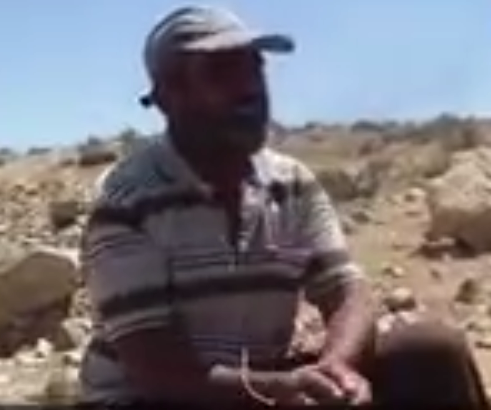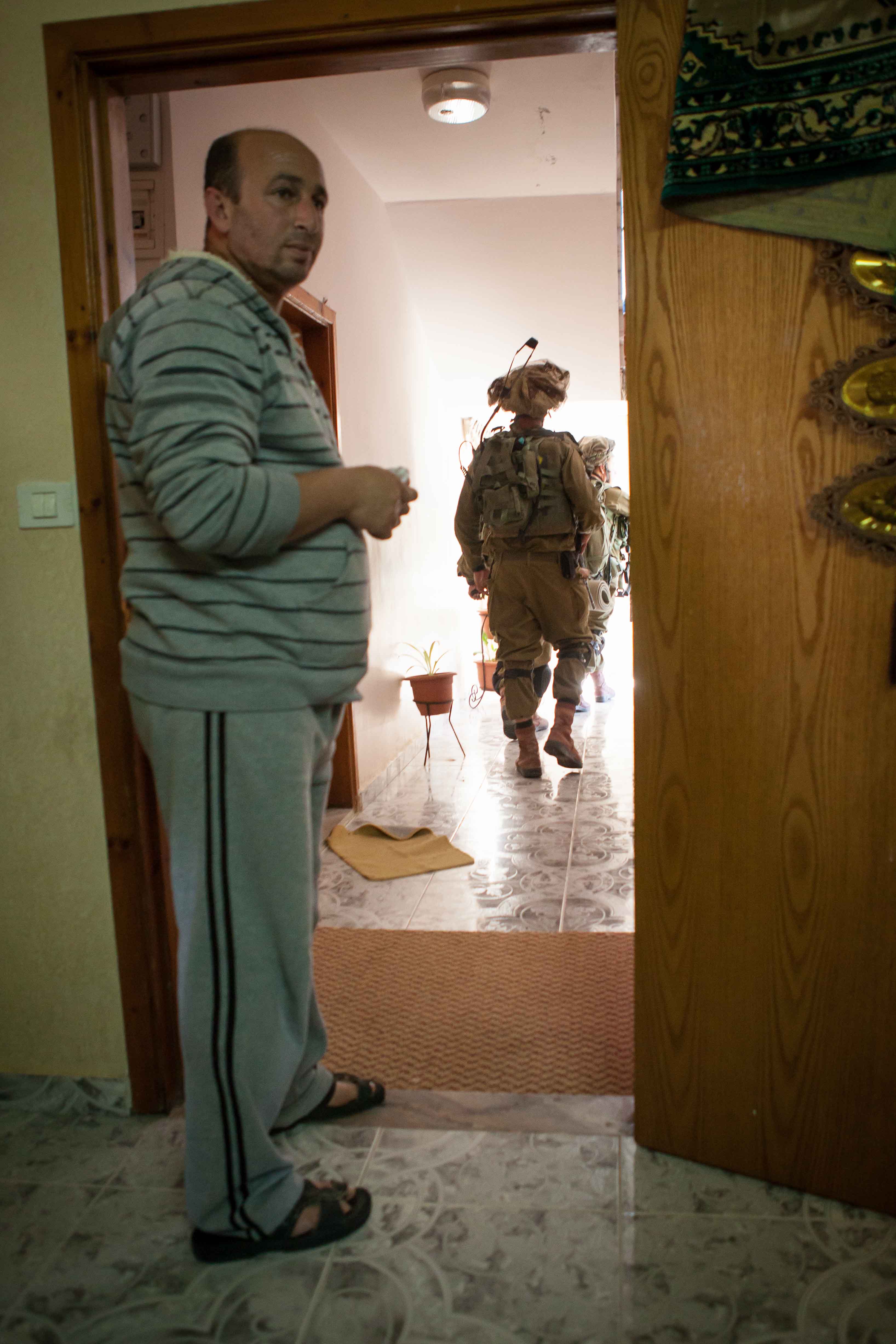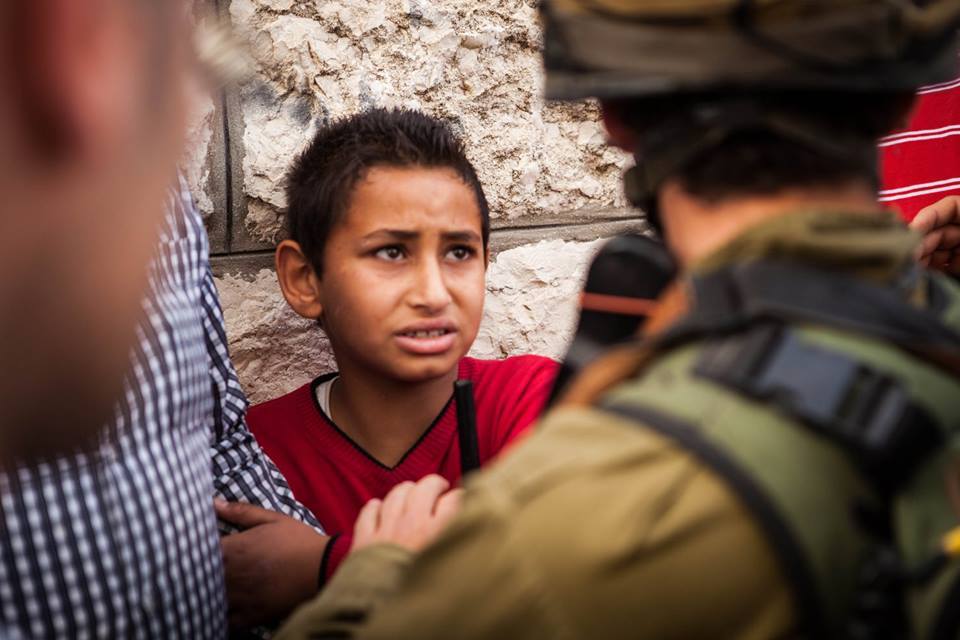Category: Video
-

VIDEO: Palestinian shepherd detained by Israeli soldiers
29th June 2014 | Operation Dove | Saddith Thala, Occupied Palestine On June 27th, Israeli soldiers detained a Palestinian shepherd from the South Hebron Hills village of Saddith Thala. He was accused of throwing stones towards a setter’s car, passing on the Bypass road 317. He was released, as there was no evidence to support the charges. A…
-

VIDEO: Israeli soldiers invade more Palestinian homes in Hebron
18th June 2014 | International Solidarity Movement, Khalil Team | Hebron, Occupied Palestine Yesterday the Israeli army invaded a family house in the H1 area, supposedly under full Palestinian Authority civil and security control, of al-Khalil (Hebron). The father of the family is very ill with heart disease; the family was forced in to one room…
-

VIDEO: One month for schoolchildren in Hebron: stun grenades, tear gas, and detentions
5th June 2014 | International Solidarity Movement, Khalil Team | Hebron, Occupied Palestine For children in al-Khalil (Hebron), the journey to school can be filled with fear, fear of Israeli soldiers, of military weapons, detentions, and arrests. The violence is all too real in this city, and it is unfortunately not an uncommon experience for children, some as young…
